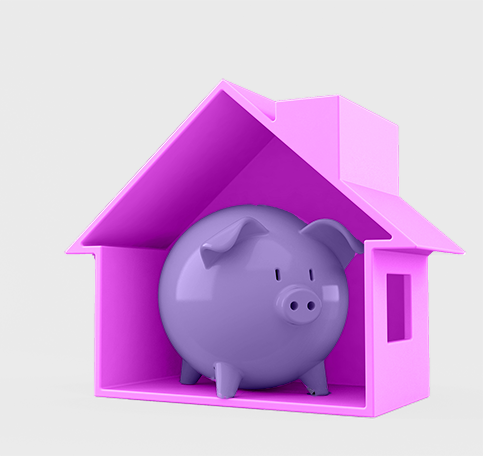
If you are buying a house with
someone else, you need to decide how you want to own your property together. Your
solicitor should advise you on this, but you need to give it some thought.
For most people buying a house
together there are two types of joint ownership. Either you can simply own the
house jointly or you can be, what the lawyers call, tenants in common.
People who own jointly do not have
separate shares. They own the whole of the property together. If one dies, then
the other automatically gets the whole of the property.
The alternative is to be tenants
in common which means that you each have a defined share. That does not mean he
owns the bathroom, and you own the living room. It means that you own the house
50/50 or 70/30 or in whatever shares you agree. That means that if you die,
your 50% or 70%, or whatever your share is, goes to whoever you have left it to
in your Will or passes under the rules of intestacy to a beneficiary, if you
have no Will.
There are some practical
consequences to this which you need to think about when buying a house. For example,
boyfriend and girlfriend buy together but one party’s parents have put down a
big deposit and the other party does not put in anything by way of deposit. If
they own the property jointly and the relationship breaks up, they both have an
equal entitlement to the property which means on sale that they both get half
of the proceeds with the party who did not put down a deposit getting a
windfall, at the other party’s (parents) expense.
Something similar could occur if
say boyfriend and girlfriend owned jointly, having used big deposit from one
set of parents, then one of them dies. If it was the one whose parents put down
the deposit, that family may end up being short-changed because the surviving
partner would own the house in its entirety and not be obliged to give any of
it, including the deposit back.
One way of dealing with these
types of situations where people put in unequal amounts is to hold as tenants
in common in unequal shares. That would mean that when the house comes to be
sold there is a distribution of the proceeds on an unequal basis that could
reflect better the contributions. But the flip side is that if one of the
tenants in common dies, their beneficiaries, usually family members, inherit
their share and could force the other party to sell, making them homeless.
So, there are major consequences
to how a property is held which you need to think about and discuss with your
conveyancer when you are buying a house.
Finally, you need to distinguish
between the way the house is held and the mortgage obligations. Most mortgage
companies will want to make all borrowers jointly liable, which means that they
can come after all or any of the borrowers. Even if you hold a house as tenants
in common in very unequal shares, say 80/20, if you have both signed the
mortgage deed jointly the mortgage company can come after either party for the
full amount of what is owed on the mortgage. They would not have to restrict
themselves to the shares that the owners have agreed. They can come after the
20% owner for the full amount of anything outstanding, if for example the
property had to be sold and it was not enough to discharge the mortgage.
Again, you should be advised on this by your conveyancer and think carefully about what you are committing to when you buy a house with someone else.

